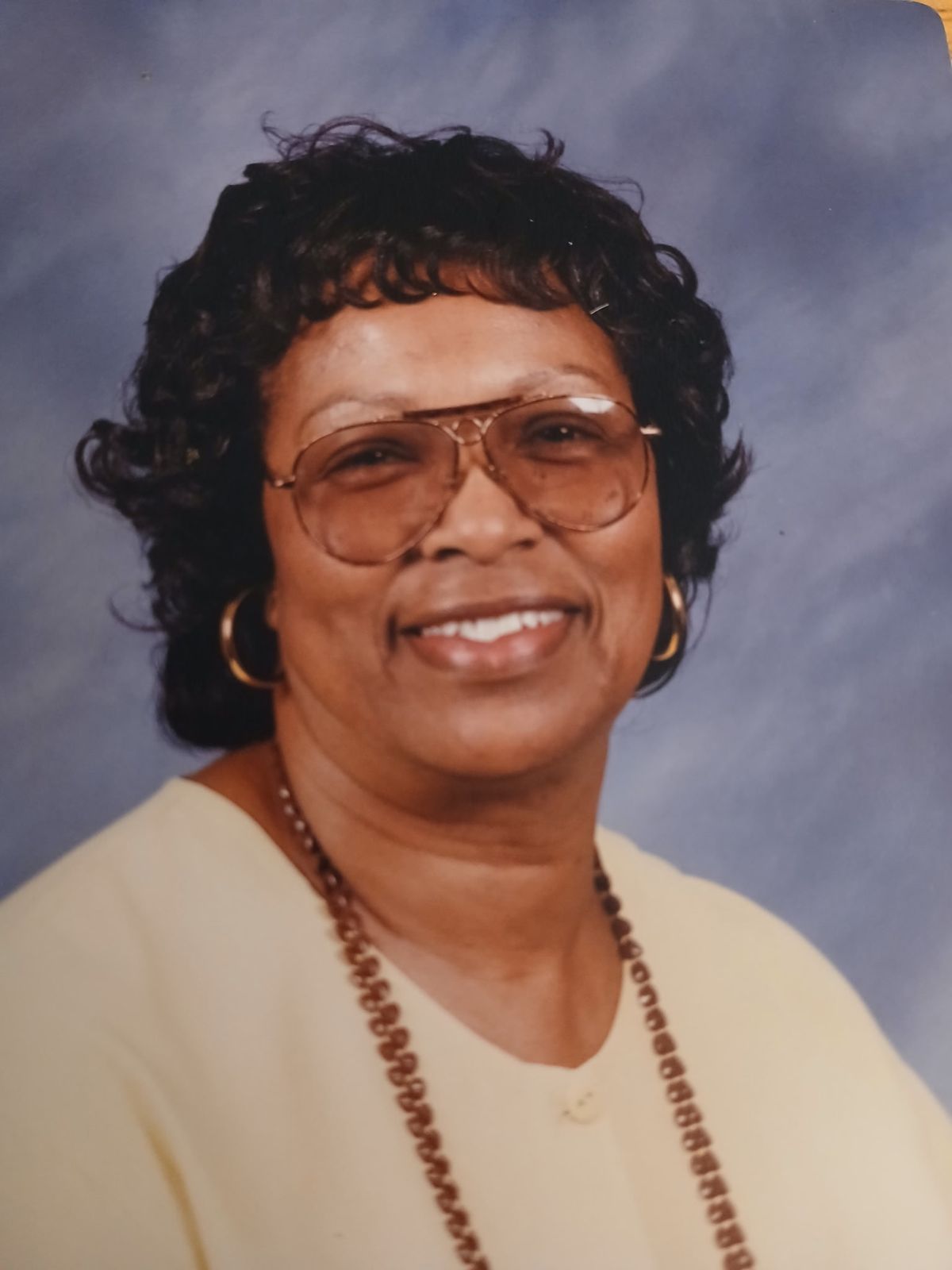When Denise McKinnon stepped into the role of long-distance caregiver for her 95-year-old mother, Dorothy Jean Jones, she was continuing a tradition she’d witnessed since childhood. The care she offered her mother was, in many ways, a reflection of what she had seen her own mother provide for her grandmother decades earlier–a full circle of duty and respect that spanned three generations. The difference in her own caregiver story was the distance between Oklahoma City, OK, and Spokane, WA. Mastering care for an ailing parent is already tough; doing it while living in another city only increases the challenge.
McKinnon vividly remembers how her grandmother once lived with Dorothy until the demands of aging made at-home care too difficult. She recalls, “My mother’s mother moved in with her toward the end. My mother grieved when she finally had to place her in a nursing home. That experience taught me how hard these choices are, no matter the generation.”
Beyond relatives, Denise found strength in the neighborhood network that has long defined Black family life. Lifelong friends in Oklahoma City surfaced trustworthy referrals and a reliable housekeeper. Most of all, her brother was a constant on-the-ground partner–running errands, handling upkeep, and sharing the load when choices became complex. His presence meant decisions were never made in a vacuum; they were discussed, debated, and balanced against what the family could realistically sustain.
“People were more than willing to help,” she explains. Neighbors offered referrals to in-home aides, and a childhood friend introduced McKinnon to a housekeeper who fit both their budget and needs. Denise reflects that the community’s moral compass has long inspired people to step in without hesitation, acting out of an innate sense of responsibility and love rather than waiting for permission or carefully laid plans. This deep-rooted ethic–neighbors as kin, friends as family–ensured Dorothy was never without watchful eyes and willing hands.
Even with strong support, choices were rarely simple. Denise describes the spiritual ballast that carried her through:
“The faith that she taught us and the faith that we live by–our Lord Jesus Christ as personal savior–kept me grounded. When things happened, I’d say, ‘Lord, how am I going to deal with this?’ It was natural for me to turn and pray. It wasn’t a breeze. I cried, I panicked, I wanted to do the right thing. And sometimes my brother and I didn’t agree on what to do–but sometimes choices were made for us by the simple fact of what we had.”
That honesty–naming limits, costs, and capacity–helped the family stay faithful to Dorothy’s wishes without breaking themselves.
This journey highlights the hidden complexities of elder care. The cost of in-home assistance is $28 an hour in Oklahoma, McKinnon discovered. “I wish I had acted earlier,” she admits. “Make sure you know your parents’ financial status.” Dorothy’s decision to put her home in a trust and pre-purchase her burial plan eased many end-of-life tasks, sparing her children the stress of probate and sudden expenses. But the absence of long-term-care insurance meant that options like extended nursing or full-time in-home help were limited. “Investing in long-term care insurance can make a world of difference,” McKinnon advises, “because the costs add up faster than you can imagine.”
Practical planning eased the pressure. Dorothy’s foresight with the trust and burial arrangements spared the family probate hurdles and last-minute expenses. Yet the lack of long-term-care insurance narrowed options; hourly in-home support added up fast. McKinnon now urges families to have frank, early conversations: document finances and medical needs, explore long-term-care insurance, and involve younger generations so they are ready when the time comes.
Her story underscores the importance of early estate planning, candid discussions about finances and medical needs, and a willingness to involve younger generations. “Come together and make a plan long before your parents get sick,” she says. “Know who you can rely on and what resources are available.”
Denise McKinnon’s journey affirms a truth she has seen all her life: community, faith, and foresight sustain families. Through a legacy of mutual aid that reaches back generations, she turned a difficult season into a living testament. Generational care, she reminds us, is not just a personal responsibility – it is a collective act of trust.
This story was made possible by funding support from AARP Washington and BECU. You can find more information, tips and resources for family caregivers in Washington state on their website at www.aarp.org/caregiverswa.
AARP is urging Congress to pass the Credit for Caring Act. The federal tax credit of up to $5,000 a year would put money back in the pockets of eligible family caregivers and help defray the costs of caring for a spouse or other loved one with long-term needs. Washington state needs family caregivers, and they need a tax credit.
